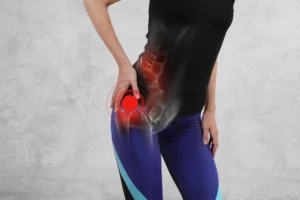DIABETES IS ON THE RISE AND IS BECOMING A HUGE CHALLENGE FOR THE AUSTRALIAN HEALTH CARE SYSTEM. AROUND 1.7 MILLION PEOPLE HAVE DIABETES AND APPROXIMATELY 500,000 OF THESE INDIVIDUALS ARE UNAWARE THEY HAVE TYPE 2 DIABETES!
HOW CAN EXERCISE HELP?
Exercise is a valuable tool to prevent and manage diabetes. It helps to improve the way insulin works in the body, lowers the amount of insulin required, reduces body fat, improves cardiovascular fitness, and reduces the risk of other complications. For those at a greater risk of developing Type 2 diabetes, exercise can help prevent or delay this from happening.
WHAT IS DIABETES?
Diabetes is a metabolic condition, where higher than normal levels of glucose are circulating within the blood. The pancreas in our bodies produces a hormone called insulin, which is responsible for lowering the glucose in our blood. For those with diabetes, insulin is either destroyed by the immune system or does not work efficiently. It is important to manage Diabetes appropriately to reduce the risk of health complications.
WHAT HAPPENS WHEN YOU EXERCISE?
When you exercise glucose is taken up by muscle, via ways that do not rely on insulin, directly reducing the amount of glucose in the bloodstream. In addition, exercise also increases the sensitivity of insulin, which means the cells of the body can use blood glucose more effectively. Specific frequency, intensity and type of exercise influences the degree to which blood glucose is reduced and managed.
HOW CAN WE HELP?
At Total Physiotherapy, our Exercise Physiologists are currently running a Diabetes specific exercise program. This program consists of group classes that are offered weekly, for a block of nine weeks, and which focus on resistance, cardiovascular, mobility exercises, and educational components to assist those with Diabetes.
Medicare offers rebates for these sessions under a GP referral.
CONTACT US
For more information on the sessions we offer, or for information on how to be referred, please call us on 02 9907 0321 or email re*******@***********mv.com.


